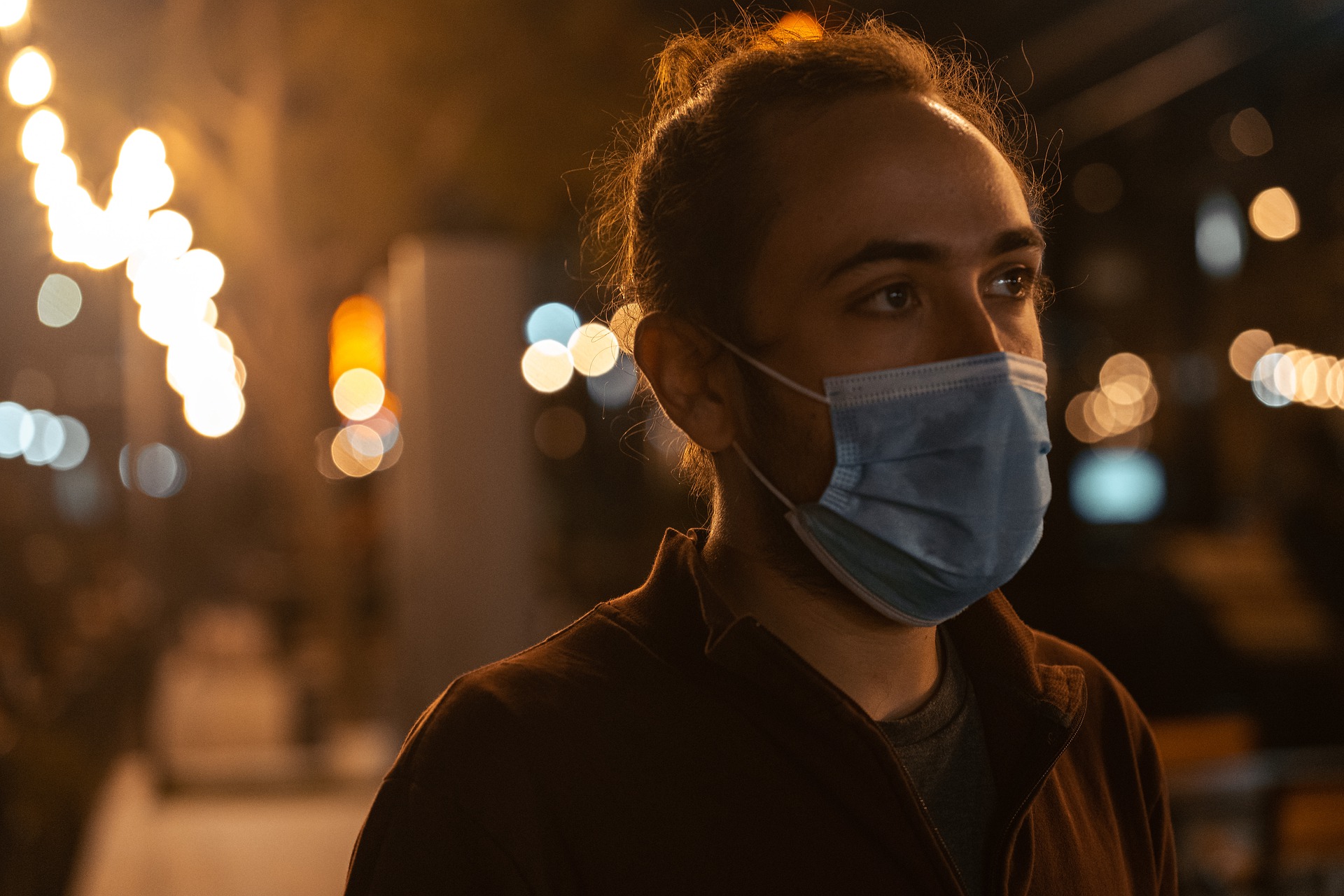News release
From:
The Race to Understand Post–COVID-19 Conditions
Paul G. Auwaerter, MD
Ideas and Opinions
A new commentary from the Johns Hopkins University School of Medicine suggests that deaths and hospitalizations from the current COVID-19 pandemic are only one way to measure the impact of SARS-CoV-2 on the population. Postinfectious health and economic consequences may last long after the worst of the pandemic has passed, as up to 61% of patients have experienced symptoms that persist for months after COVID-19. According to the author, these consequences will affect even those who have never had COVID-19, with spillover effects not only on postponed health care and prevention but socioeconomic disruption that may prompt anxiety, depression, and posttraumatic stress disorder.
Even if only 10% of patients experience persistent symptoms after COVID-19, the number of those affected will easily be in the tens of millions. According to the author, this makes it obvious that research designed to address these post-pandemic issues should become a priority. A program similar to the successful Operation Warp Speed effort focused on research is sorely needed and long overdue for helping those with postinfectious complications.



 International
International



